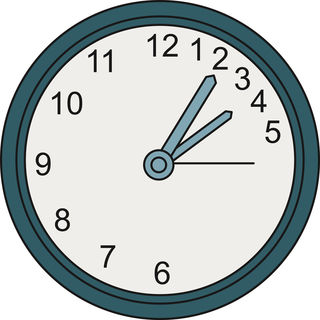So Little Time
Upcoming events may alter the way we think about and use the preceding time.
By Gordon Waldman published September 4, 2018 - last reviewed on November 5, 2018
Are all hours created equal? On our watches, yes, but not necessarily in our minds: Upcoming events may alter the way we think about and use the preceding time. In a recent study, people felt that they would have a smaller portion of an hour to spend reading if a friend were coming over at the end of the hour—even if they were already prepared for their guest's arrival. Researchers also found that participants with a looming event were less inclined to take up relatively long (but doable) tasks, including ones with rewards attached.

To help push back on this tendency, lead author and Rutgers University marketing researcher Gabriela Tonietto recommends "any strategy you can think of to minimize the number of boundaries that you're creating" in your schedule—for example, planning back-to-back meetings in the morning while keeping the afternoon open. Separating longer tasks into smaller subtasks might also help, she says. "The reluctance to even get started contributes the biggest part of this effect."
